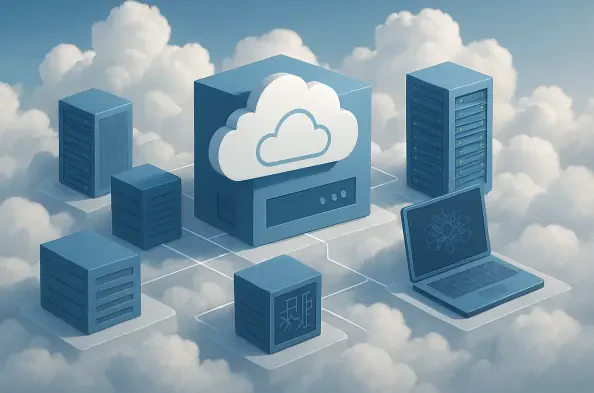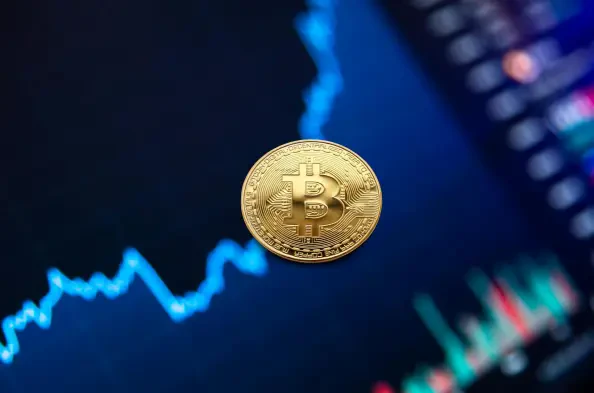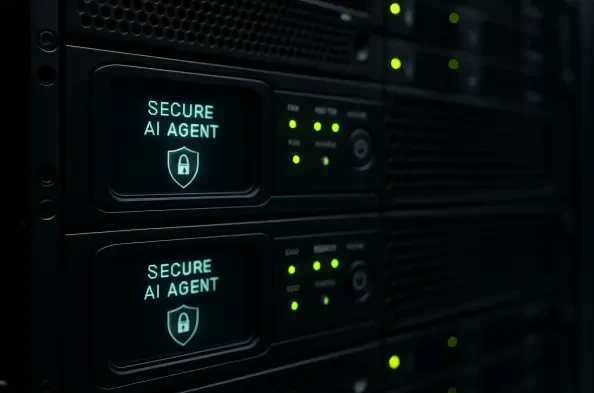Privacy Principles & Compliance
The unshakeable confidence that once defined the enterprise relationship with its technology partners has been replaced by a calculated and urgent mandate for control and self-sufficiency. A decade spent outsourcing digital infrastructure and intelligence to third-party platforms has culminated in a year of reckoning. The prevailing belief that
The rapid integration of artificial intelligence chatbots into the cryptocurrency ecosystem has presented a complex paradox, offering unparalleled convenience and operational efficiency while simultaneously unlocking a new frontier for sophisticated and highly scalable security threats. This dual-natured impact forces a critical examination of the
As autonomous artificial intelligence agents become increasingly integrated into the very fabric of global commerce and infrastructure, the federal government is confronting the sobering reality that these powerful tools could also represent a profound, new class of security vulnerability. The rapid pace of AI innovation is dramatically outpacing
Despite unprecedented levels of corporate investment in artificial intelligence, many organizations find themselves struggling to translate promising pilot projects into tangible, enterprise-wide value, a frustrating cycle often described as "pilot purgatory." The disconnect between ambition and impact reveals a critical missing link: the absence
With the rapid rise of generative AI, platforms are grappling with new forms of harmful content, and regulators are scrambling to keep pace. The recent outcry over non-consensual, AI-generated intimate images created by X's chatbot, Grok, has brought this conflict to a head, drawing sharp rebukes from officials in the UK, EU, France, and India. To





